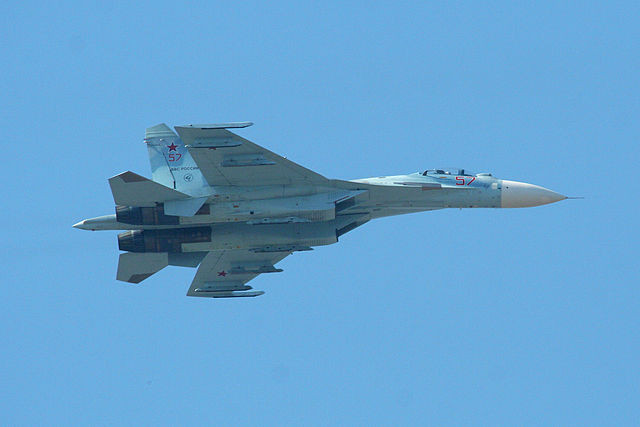At least 25 civilians, including 10 children and four women, were killed on Sunday as Russian and Syrian airstrikes targeted rebel-held areas in Aleppo and Idlib, according to the White Helmets. The attacks come as fierce battles erupt between Syrian government forces, backed by Russia, and a coalition of rebel groups led by Hayat Tahrir al-Sham (HTS), an Islamist group designated as a terrorist organization by the United States.
The White Helmets, a volunteer rescue group operating in opposition-held areas, stated that the airstrikes injured 125 people, including 54 children and 39 women. "The total number of casualties for Aleppo is still being tallied," the organization reported, adding that ongoing efforts to rescue those trapped under rubble were being hampered by continued strikes.
The conflict reignited last week when HTS and allied groups launched a surprise offensive, capturing large portions of Aleppo, including the city's airport and key military bases. Syrian forces, supported by Russian airstrikes, have retaliated by intensifying bombardments across Aleppo, Idlib, and Hama provinces.
"We are closely monitoring developments in Syria and urge de-escalation by all parties and the protection of civilians and infrastructure," read a joint statement from the United States, Britain, France, and Germany. The international community has expressed growing concern over the resurgence of large-scale violence, which threatens to worsen Syria's long-standing humanitarian crisis.
Sunday's airstrikes in Aleppo targeted areas near the university hospital, killing 12 people and injuring 23 more. The attack caused a nearby church to catch fire, and further strikes in residential neighborhoods claimed additional lives. Meanwhile, in Idlib, Syrian warplanes bombed two camps for displaced people, killing four and wounding 54 others.
Over the past five days of renewed fighting, the death toll has risen to at least 56, including 20 children. Nearly 100 additional children have been wounded. The United Nations Office for the Coordination of Humanitarian Affairs reported that over 20,000 people have been displaced within Aleppo and its surrounding regions since the offensive began.
The United Nations' humanitarian coordinator for Syria, Adam Abdelmoula, called on all sides to uphold international law. The people of Syria "must not endure more suffering," he said in a statement.
President Bashar al-Assad, in his first public remarks since the rebel advance, vowed to "defend its stability and territorial integrity in the face of all terrorists and their supporters." Speaking with Iran's foreign minister, Abbas Araghchi, Assad reaffirmed Syria's commitment to retaking lost territory with the help of its allies. Moscow has also reiterated its support for Assad, with Kremlin spokesperson Dmitry Peskov stating, "We certainly continue to support Bashar al-Assad and continue our contacts at relevant levels."
However, analysts note that the rebel coalition's rapid gains have exposed vulnerabilities in Assad's forces. HTS and allied factions now control significant portions of Aleppo and Idlib provinces, posing the most significant challenge to Assad's rule since 2016.




